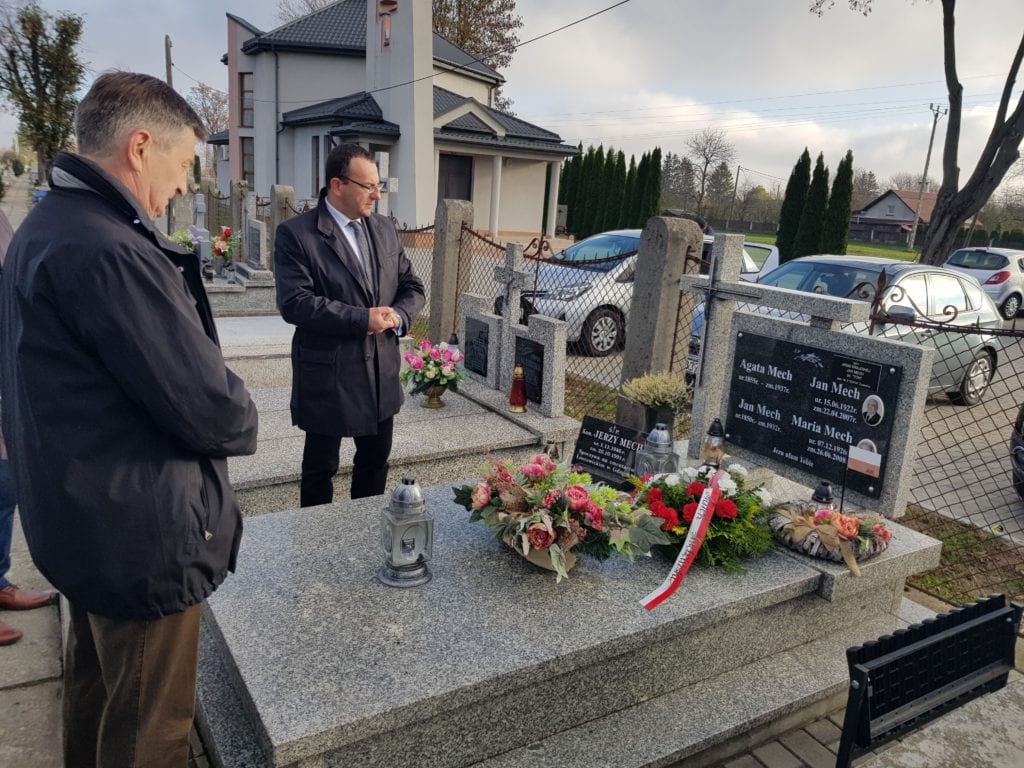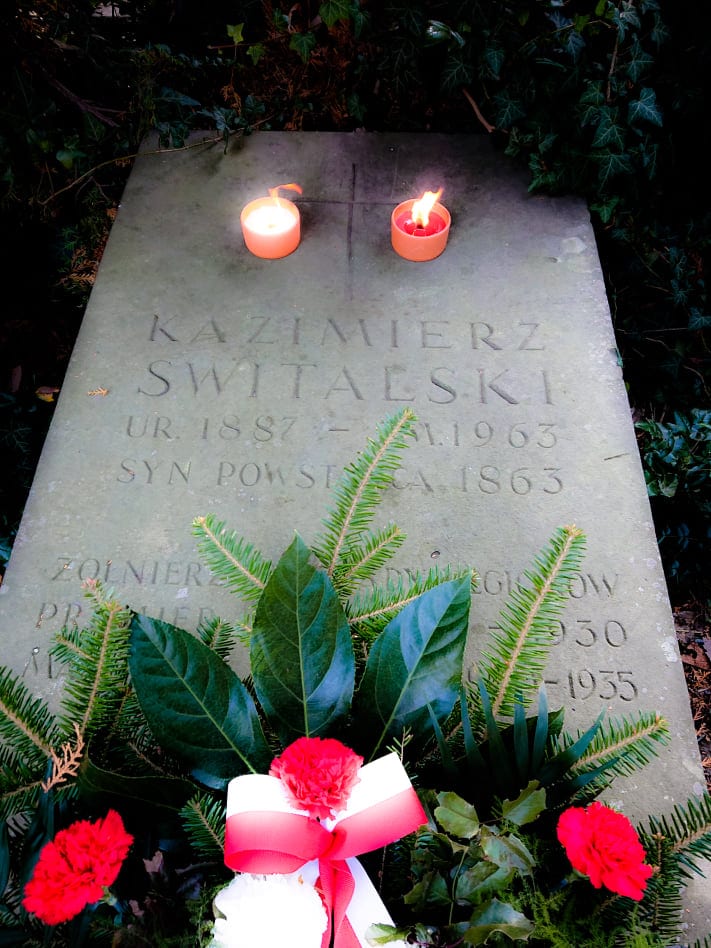By honoring the dead, we not only give them honor, but also learn about the great Polish history. The Podkarpacie road among the graves of the Sapieha family shows us how unusual the fate of parliamentarianism is.
- We should act thinking about our predecessors who have served for the good of the Republic of Poland. They should be honoured also in contemporary times', believes Marek Kuchciński.
The Speaker of the Sejm of the 8th term prayed at the monument of Leon Aleksander Sapieha in Łętownia near Przemyśl. He is an extraordinary figure who fascinates not only with his own history but also encourages to get to know the whole Sapieha family. Leon came from Krasiczyn, but his inquisitive mind pushed him to various corners of the world. He studied in the gymnasium in Lvov, then in Chyrow, but even there he did not stay long, because he set off to meet adventure at the Naval Academy in Rijeka. He did not stay there long, either, because he decided to return to the Lvov school, where he passed his baccalaureate exam and set off again. He studied chemistry in Germany (Leipzig) and Switzerland (Bern). He also completed a one-year course at an agricultural institute in Belgium (Gembloux).
His interest in agriculture stemmed, among other things, from the large estates that his family, and eventually he himself, owned. According to historical sources, in 1922 he owned an estate of 10,550 hectares.
His second life was in the military. In 1914, he became a certified pilot. To acquire the art of piloting an airplane, he traveled to England. This skill came in handy during the First World War. He fought with the Austro-Hungarian Army. He served, among others, in the 15th Airborne Company in Rakowice near Cracow. He was famous for many daring combat actions. Due to his health, however, he was dismissed from the army and settled down in Krasiczyn. It is to Leon that we owe the reconstruction of the castle, which was destroyed during the war.
In November 1918, he had to take up arms again. This time he fought the Ukrainians for Przemyśl. When the Polish-Bolshevik war broke out in 1920, Leon once again put on his uniform. He commanded the 3rd squadron of the 8th lancer regiment. He was famous for defeating large Soviet forces in the area of Żółkwi. He was also seriously wounded during these fights.
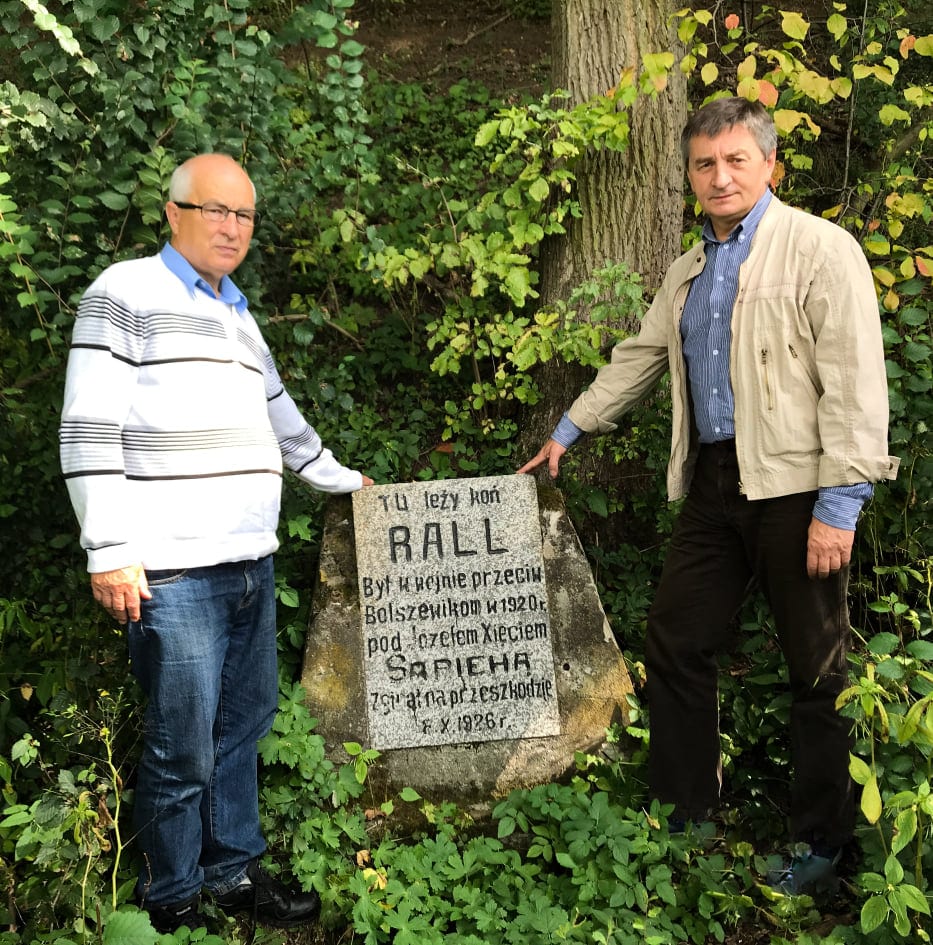
An interesting testimony of those times is the unusual grave of Sapieha's horse Rall, located in Łętownia. One should know that Leon Aleksander was a great lover of horses. After returning from school in Belgium he took over the Wapowce Farm (in 1910), where he arranged a racing stable and a training track. Rall did not die in the war. This did not happen until 1926.
The story of Leon Sapieha, however, does not only lead through the fields of agriculture and war. He is also known for his expeditions, accompanied by his wife Catherine, to then unknown corners of the world. He described these in his books. "Forests of Ituri" illustrates his journey across Africa. In turn, "Volcanoes of Kivu" is a colorful record of memories from the expedition through Sudan, Uganda, Congo, Tanganyika. After all, he had just bought a huge estate Ngesho in Congo: 500 hectares between Lake Mokoto and the Nyamuragira volcano. There he established a coffee plantation and the first tea plantation in the region. He also made colonial plans that were controversial at the time.
Leon Aleksander Sapieha decided to pursue his experience and political ambitions also in the Sejm of the Republic of Poland of the 4th term. He got there from constituency No. 74 (districts: Przemysl, Jaroslaw, Jaworow). His activity was, however, assessed ambiguously by many historians. In the Sejm, he dealt with the military, law, and the defense of large landowners (he opposed the agricultural reform).
The outbreak of World War II again forced Sapieha to actively resist the aggressor. Quite quickly, he was arrested and imprisoned in Rzeszów. After being released from captivity, he began his underground activity in the Union of Armed Struggle and then in the Home Army. He took part in Operation "Tempest", an armed operation of the Home Army against German troops just before the Soviet invasion. In August 1944, he was seriously wounded while trying to break through to Cracow, where he was promised to donate his car to the Home Army. He was transported to Rzeszow where, after having his leg amputated, he died on 27 September 1944.
Leon Aleksander is just one of many colorful characters of the Sapieha family, which had a huge impact on the history of Poland. Great men of the church (Cardinal Adam Sapieha) or the Marshal of the Galician Sejm (Leon Sapieha), scholars, politicians, businessmen, and artists came from the family founded in the 15th century by Semen Sapieha, the scribe of the Grand Duke of Lithuania Casimir Jagiellonian.
On the example of the history of such families one can see the multi-generational Polish tradition, which was once a Republic of many nations.
mo
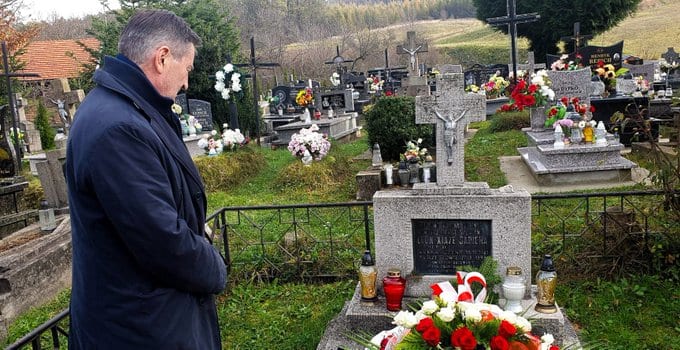
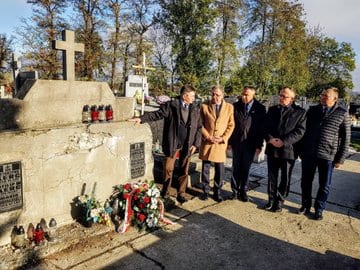
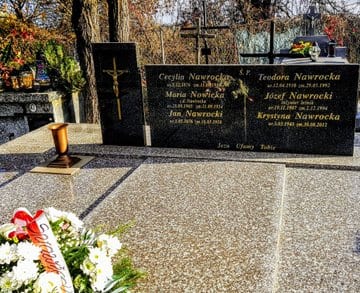
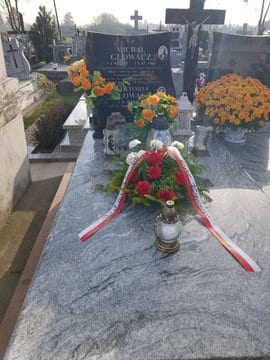
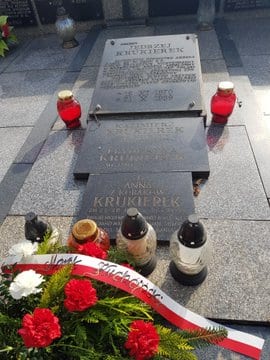
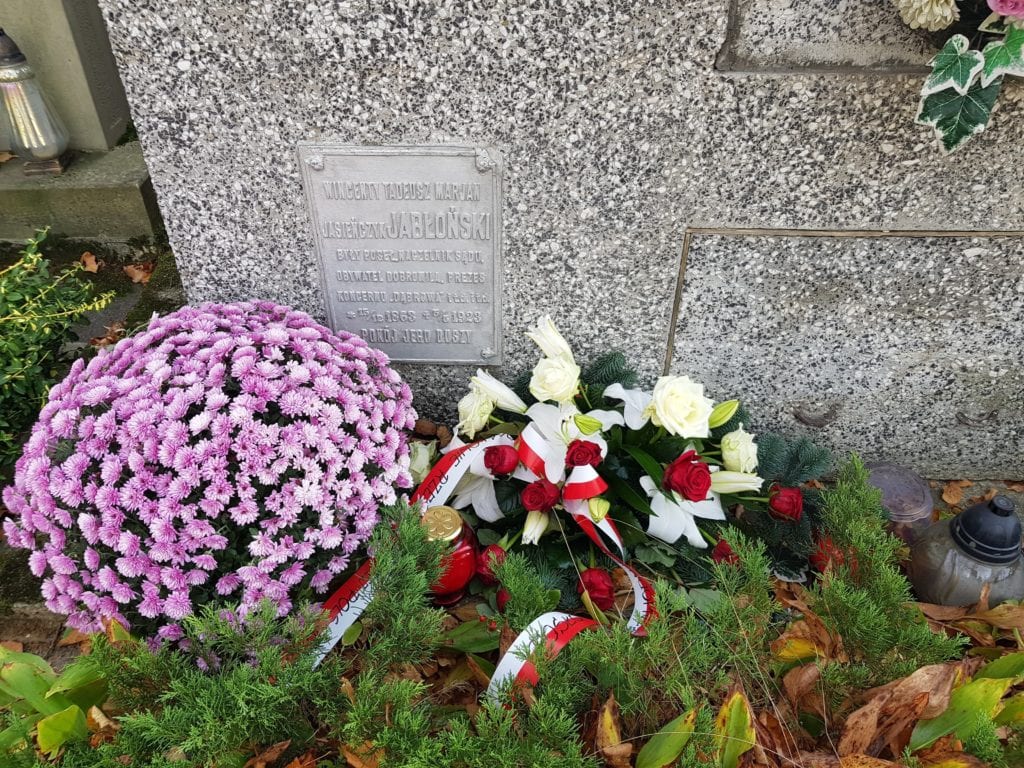
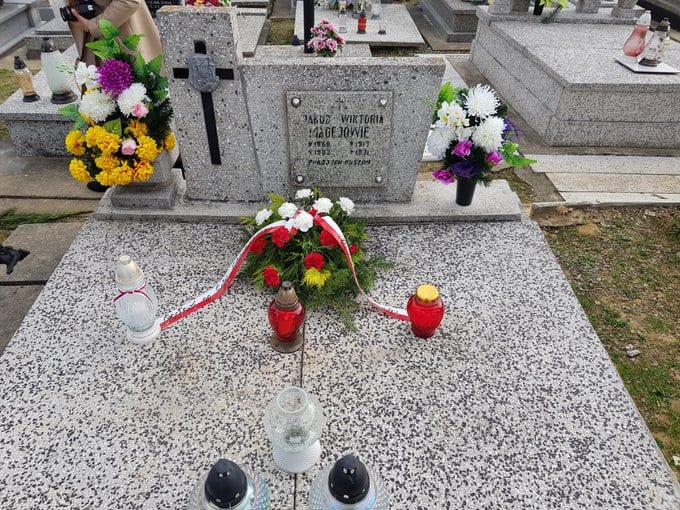
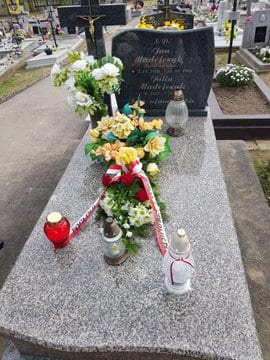
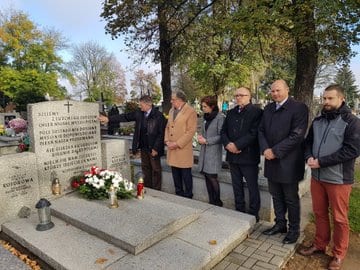
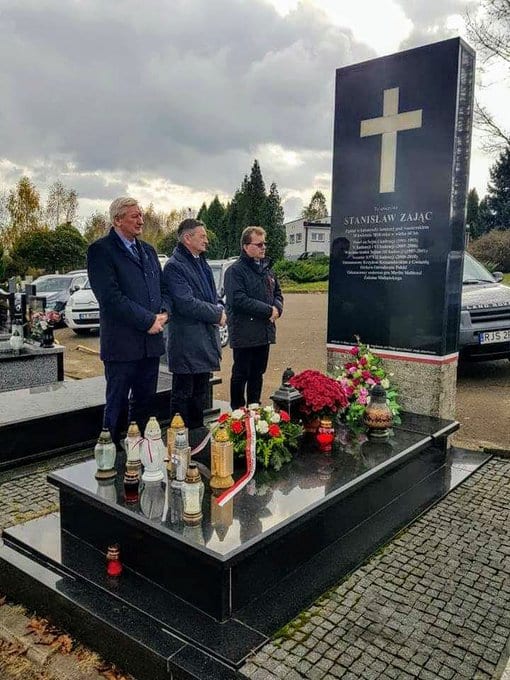
As a lawyer he was associated with the opposition environment both in the city and in the countryside, and with the Solidarity Trade Union. Many times he acted as a defense counsel and attorney in political trials, including the period of martial law. He was awarded posthumously, among others, with an honorary badge of "Merit for the Podkarpackie Voivodeship", an honorary citizen of Jarosław, Jasło, and Dydnia municipality.
